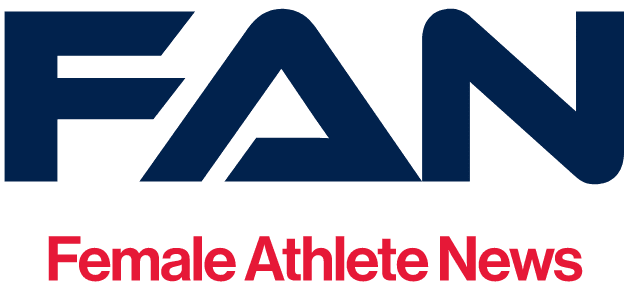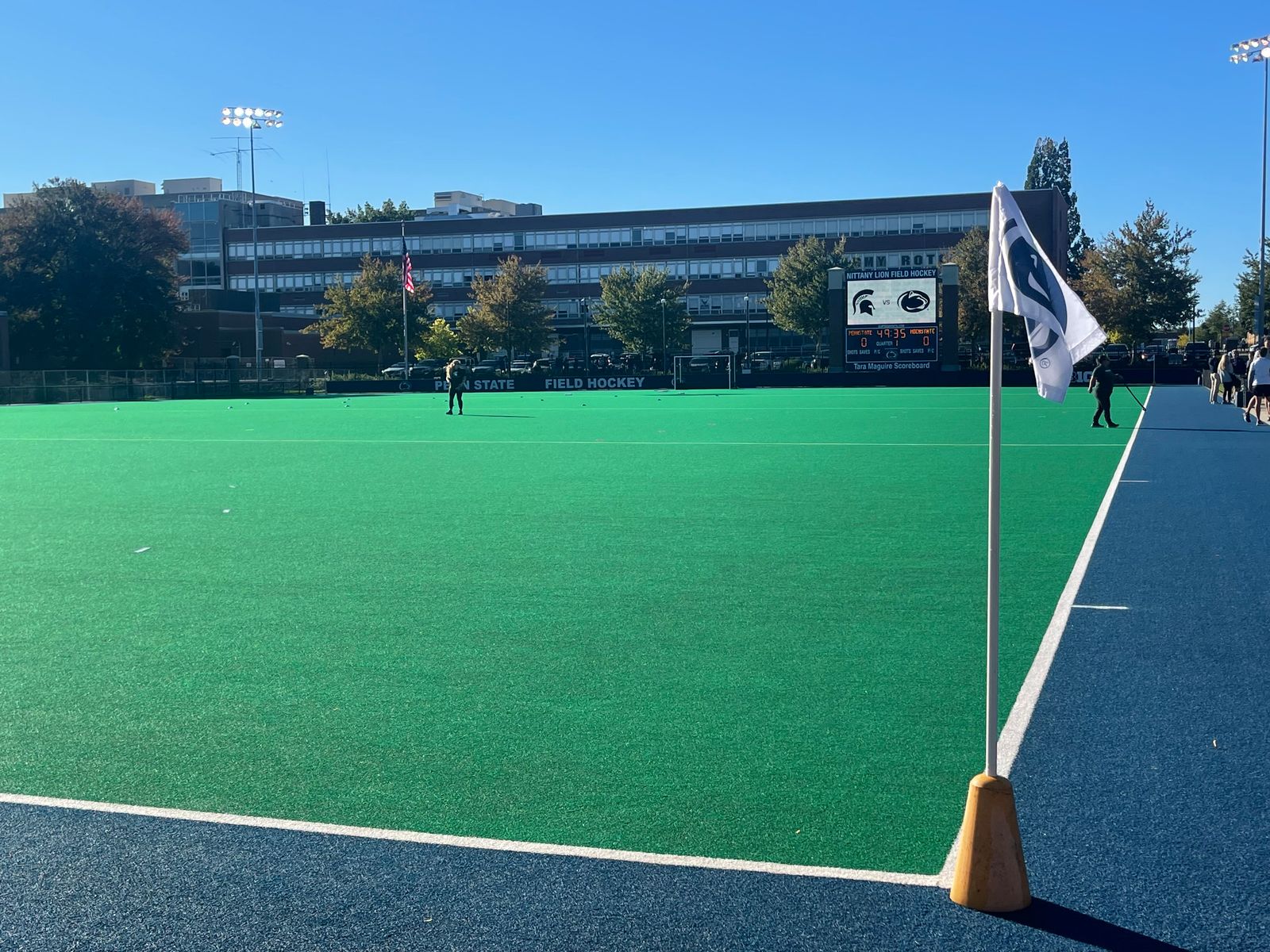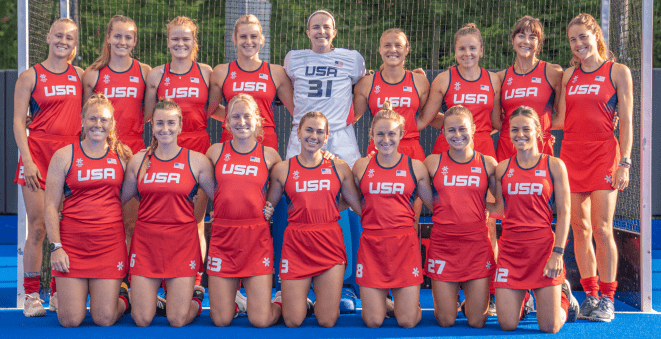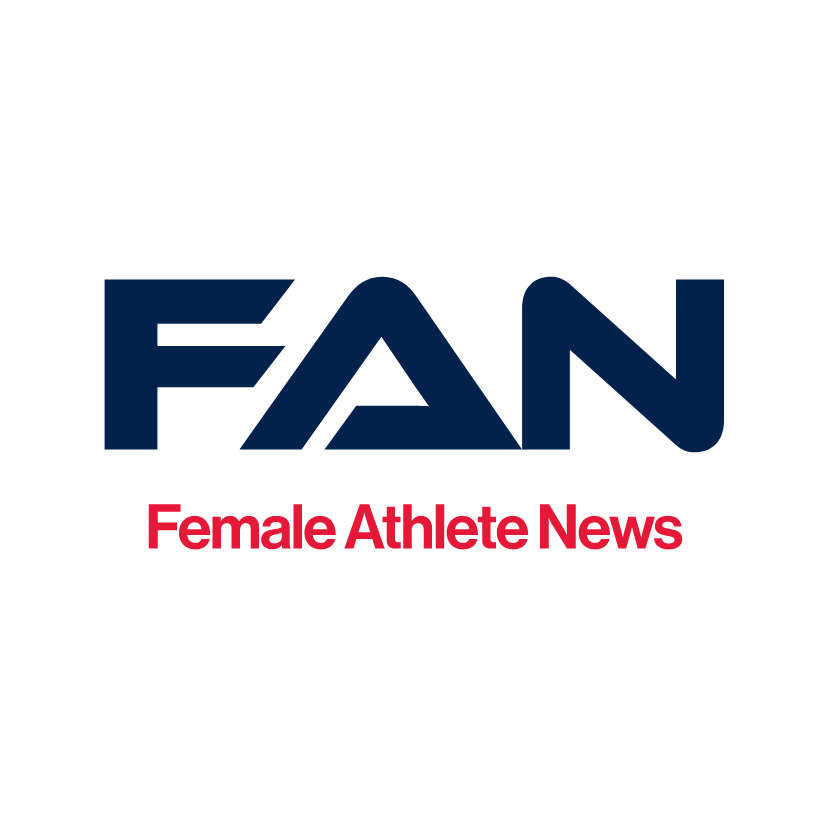There is so much false information circulating about recruiting.
We felt compelled to survey NCAA coaches at the Division I, Division II, and Division III levels to find the truth. As a female athlete, who has already experienced the recruiting process, I think it’s especially beneficial to get an early start.
That’s the general consensus on how girls and women view recruiting versus boys and men, according to a 2017 Forbes survey. They discovered that girls and women were more likely to start forging relationships with college coaches before or during their freshman year of high school.
There’s no specific reason why. Forbes speculated that it could mean that “college coaches are more confident recruiting girls early because they tend to develop physically faster than boys.” There’s also Title IX, which is “expanding athletic opportunities for girls.”
Of the 20 percent of female athletes who make their college pick earlier than their male counterparts, nearly half play basketball, Forbes reported. Here is who decides early:
- Softball, 43 percent
- Gymnastics, 39 percent
- Lacrosse, 37 percent
- Soccer, 37 percent
- Volleyball, 37 percent
- Field hockey, 26 percent
- Golf, 20 percent
To gain a professional insight on recruiting, the following coaches from DI, DII, and DIII shared their thoughts with FAN. We have comments from Ursinus College Head Coach Janelle Benner, who has been leading that program for 10 season. She has taken Ursinus to five Centennial Conference championships and has made five NCAA Division III tournament appearances.
Benner has an overall record of 130-52.

Next, we talked to Millersville Head Coach Shelly Behrens. Behrens took Millersville to its first NCAA Division II championship in the program’s history. She has also won six PSAC championship games and made five NCAA Division II tournament appearances.
Behrens is a three-time PSAC coach of the year and two-time Division II coach of the year recipient, making her the winningest coach in Millersville history.
Finally, we had a chat with Division I assistant coach Laura Gebhart. Gebhart was a student-athlete at Penn State University, where she now serves as the assistant coach.
Additionally, Gebhart earned a spot playing for the USA National Field Hockey Team.
The first major question that most athletes have is “when do I start?”
Coaches generally start to look at middle school and freshman talent for recruiting potential. Benner and Gebhart both say that they are looking specifically at young women around their freshman year.
At Penn State however, being a Division I school, they do start this process a little earlier around 8th or 9th grade, so if you are looking to play at a higher level, then consider emailing and reaching out to coaches a little bit earlier.
“I am different here – I think every kid and families recruiting journey should be their own,” Behrens said. “The Division I time frames do drive the masses, and I get that…kids have learned that a lot of Division II have just as good as or better resources in coaches staffing, scholarships, and more…I think kids start writing a coach when they are ready to start their journey with college. Before that, there should be a lot of preparation as they look at (colleges) and (they should) look into as a family.”
So, from this, we can learn that this process should not be done on a whim but should be done with careful consideration and evaluation of where you want to play. And, most importantly make sure it’s what you want to do in the future.
Once you have reached out to coaches, it’s a good idea to start recording some of your games so that you can have film to send to them. Another commonly asked question, “do coaches even watch the athlete’s highlight videos?”
Absolutely! Benner says that the highlight videos are “used as a foundation to get the recruiting process started while we work to find a time to see that athlete play in person.”
This idea stays consistent with Behrens.
She said, “they’re always a helpful resource when I need to look back to refresh my memory of a player I’ve already watched, and if time permits, I’ll sometimes use those videos to help inform my watch list for tournaments.”
When you are playing in a tournament where you know recruiters will be present, one way to grab their attention is to create a highlight reel of your athletic work.
“Highlight tapes are like a coach’s written recommendation…I prefer in-person over video, but for some, it is not possible, so I know what I am looking for and go from there,” Behrens said.
Gathering video is very important for coaches to get an overall feel of what kind of talent you have, but ultimately, they also want to see what kind of player you are in person. They want to see how you react to mistakes, how you treat your teammates, and if you are a coachable player.
We were happy to also gather some advice that coaches offered based upon their recruiting experiences. Benner said she wants to remind athletes to keep an open mind and explore all different types of schools.
“You may surprise yourself with loving a certain size of school or location that you may not have thought would be a good fit for you initially,” Benner said.
Behrens agreed with Benner’s advice.
“You cannot make a wrong decision if you do what is best for you,” Behrens said. “Academically and athletically, who cares what someone else thinks or says? It is your journey, not theirs. Do what is in your heart for you. You will get to play a game you like and are good at. And, can hopefully thrive in the right environment and get a college degree. It’s a win/win situation if you make the journey yours.”
One vetted resource, where athletes can be connected to college coaches and alumni to figure out what level of collegiate play is best suited for you, is Big Future College Board.
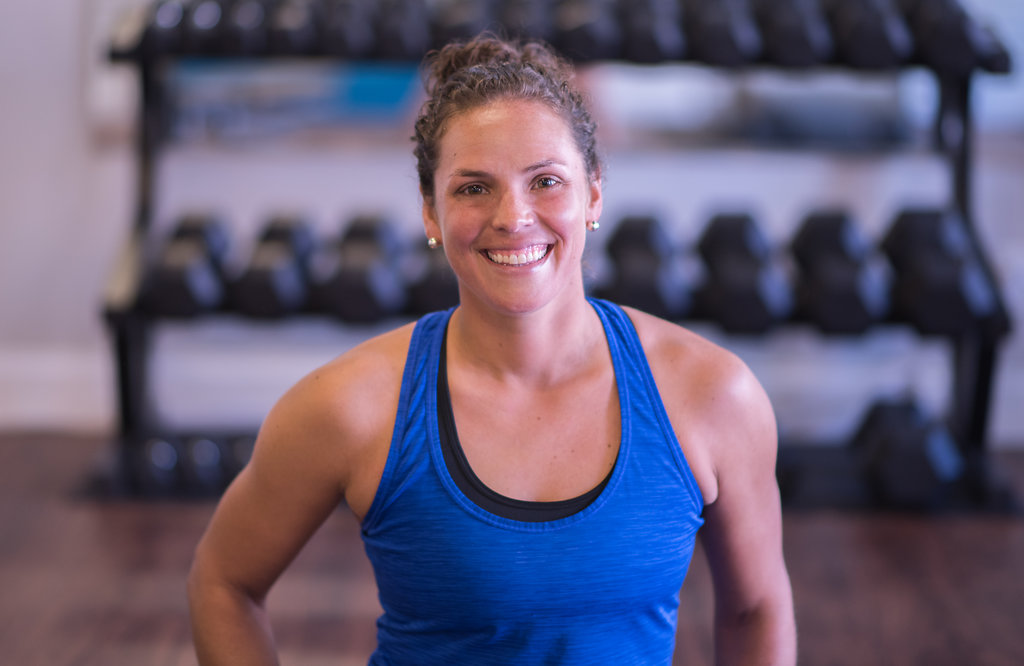
“Get clear on what you’re looking for and do your research,” Gebhart said. “Aspiring college athletes should start broadly, and then narrow down that list based on academic interests.”
These three coaches combined have amazing backgrounds, careers, and experience in recruiting. Having gone through it themselves, and now spearheading the recruitment process, these wonderful coaches have shared their personal
likes, dislikes, and recommendations of what they want to see in an athlete early on.
Take their advice and start emailing and contacting coaches, get some film together, but most importantly, figure out what is best for you – no one else. It is awesome to have big aspirations but be careful not to overlook other options for image’s sake.
Never forget your love for your sport because that’s the point of why you’re trying to be recruited.
Mary Driscoll’s column publishes every other Thursday.
